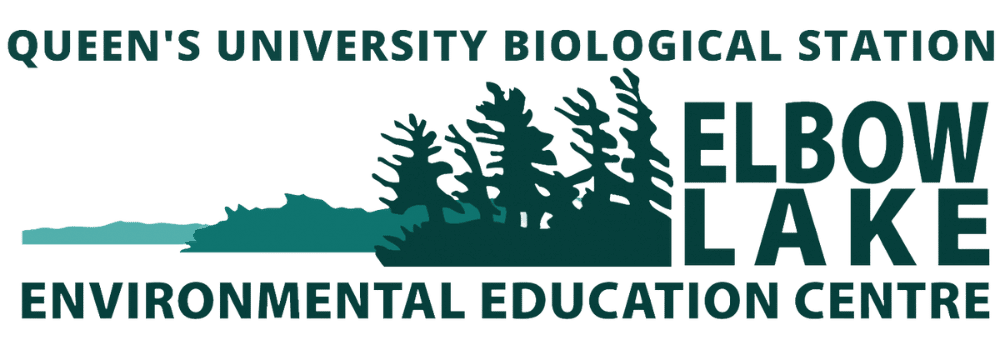Instructions:
- There are many examples of Indigenous Land-Based Knowledge and Western Science being used together to counteract climate change. This is evident in the following study shared with QUILLS by Queen’s researcher John Smol.
Using Multiple Sources of Knowledge to Investigate Northern Environmental Change: Regional Ecological Impacts of a Storm Surge in the Outer Mackenzie Delta, N.W.T. (Smol, J) https://www.queensu.ca/pearl/media/Dead%20Zone%20project/
Study Summary:
This study combined data gathered by environmental scientists with information gathered during workshops with local Indigenous hunters and community members. The Inuvialuit are experts on the delta environment with information that has been gathered and passed down through generations, and current knowledge that is maintained through contemporary land activities. With a better understanding of the ecological effects of the 1999 storm surge on the Mackenzie Delta, we can make better predictions about the future impacts of rising sea levels on coastal ecosystems to try to protect them. In the case of the 1999 storm surge, various types of knowledge (oral histories, sediment cores, and tree ring analyses) can support and validate each other. Looking at diverse sources of knowledge provides very strong evidence that human-caused changes to the climate are leading to extreme weather events with long term impacts on people and the environment. This study not only included knowledge from Inuvialuit who have a deep and long-standing relationship with the land but also cited the knowledge in the same way western scientific knowledge is typically cited. This is an important and long overdue recognition of local Indigenous knowledge in an academic setting.
- Students explore the ways in which Indigenous land-based knowledge enhanced this STEM study by engaging in the activity outlined in Real World STEM Connection: Storm Surges.pdf.



